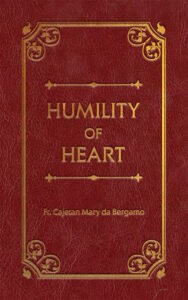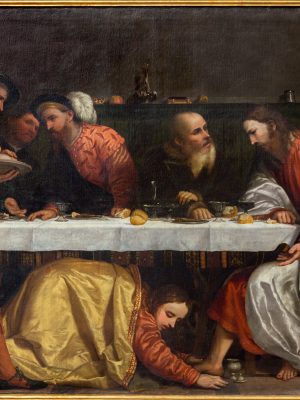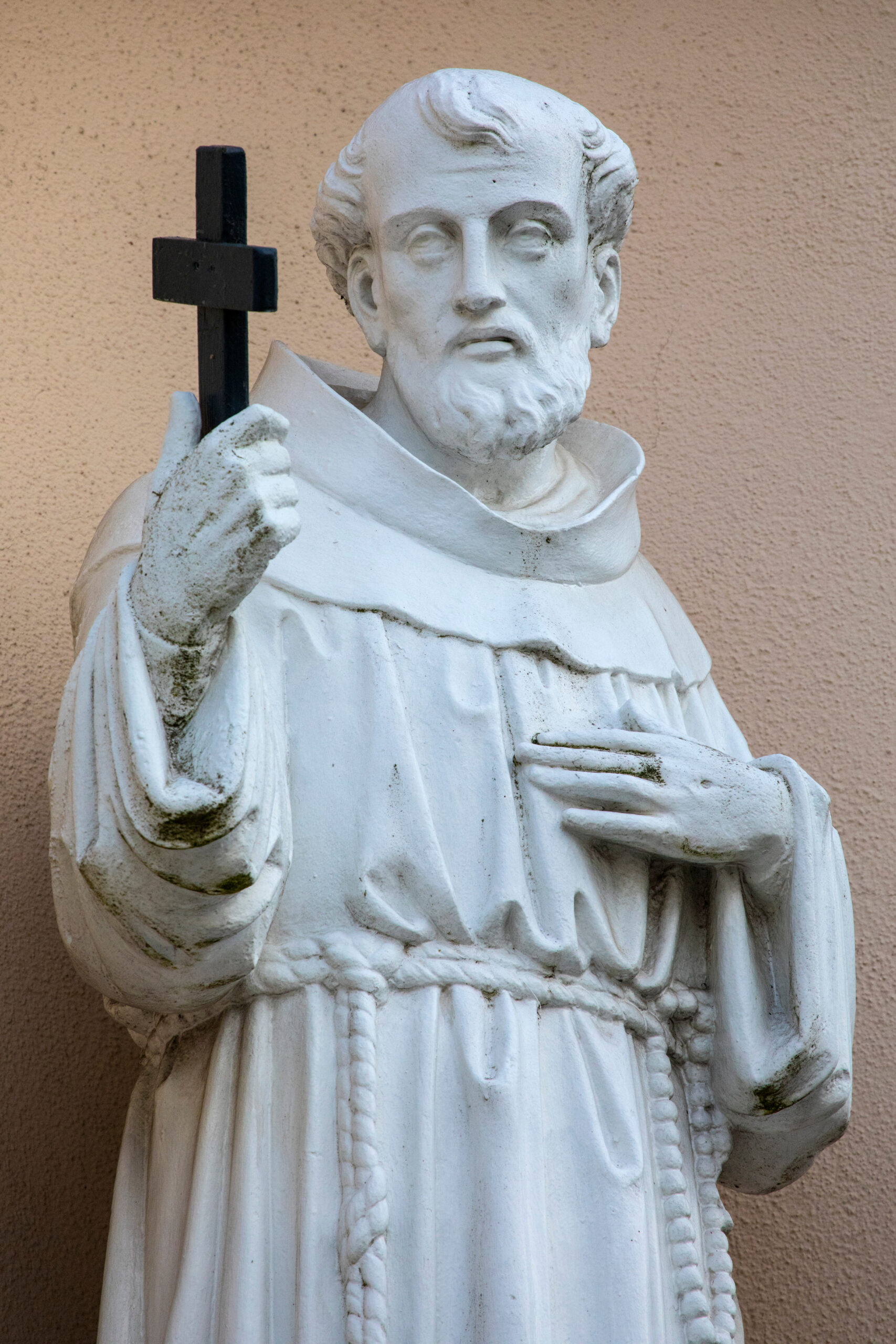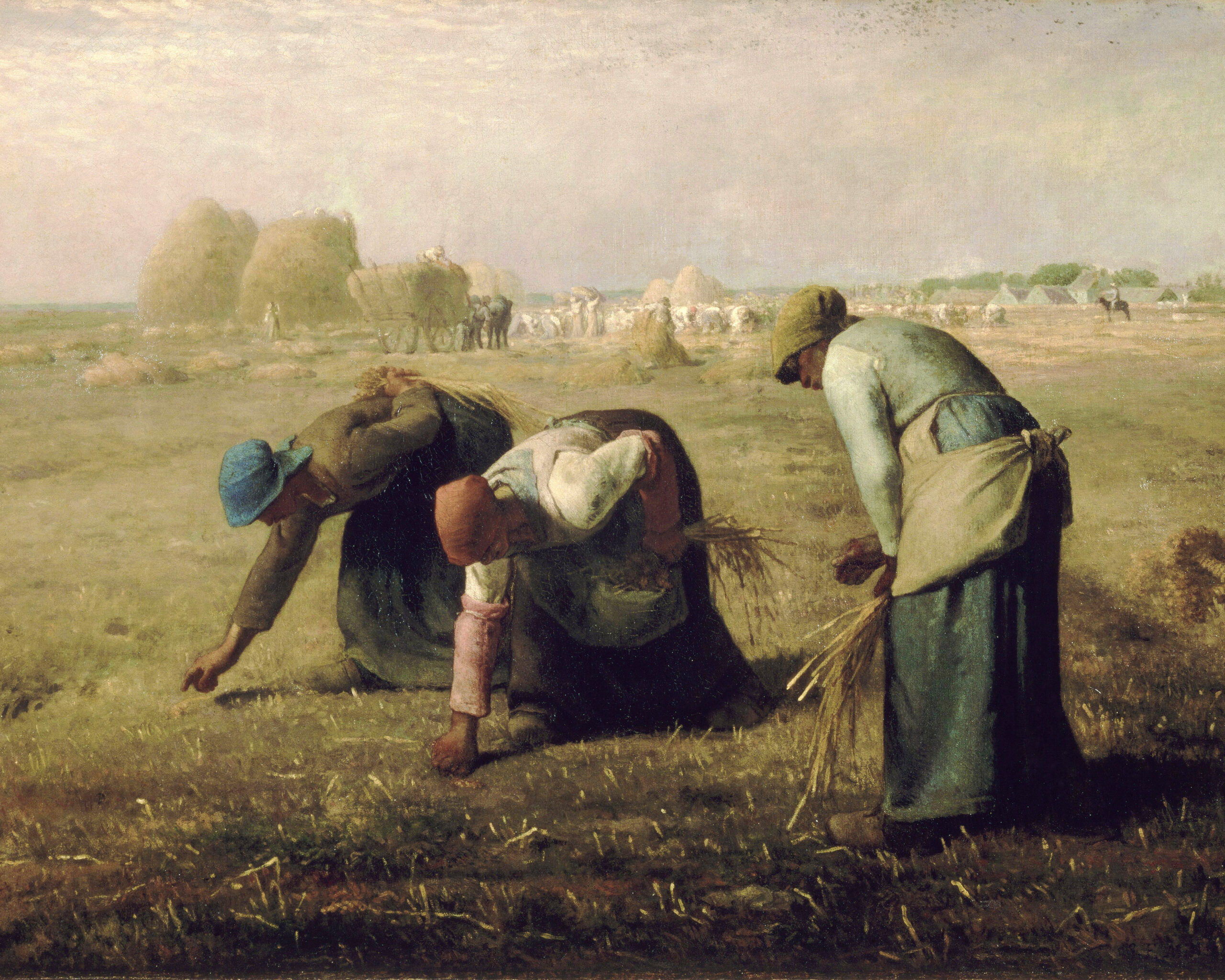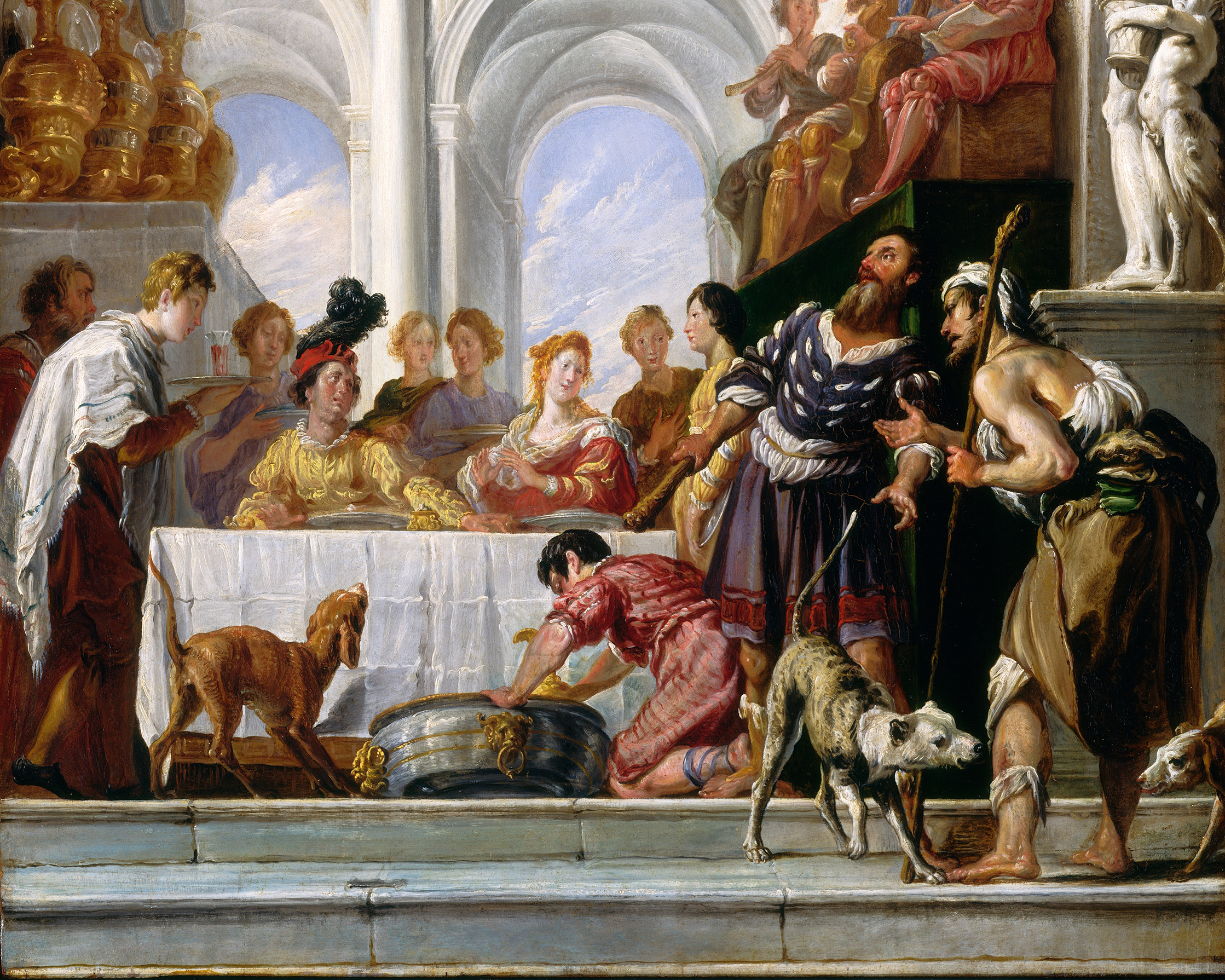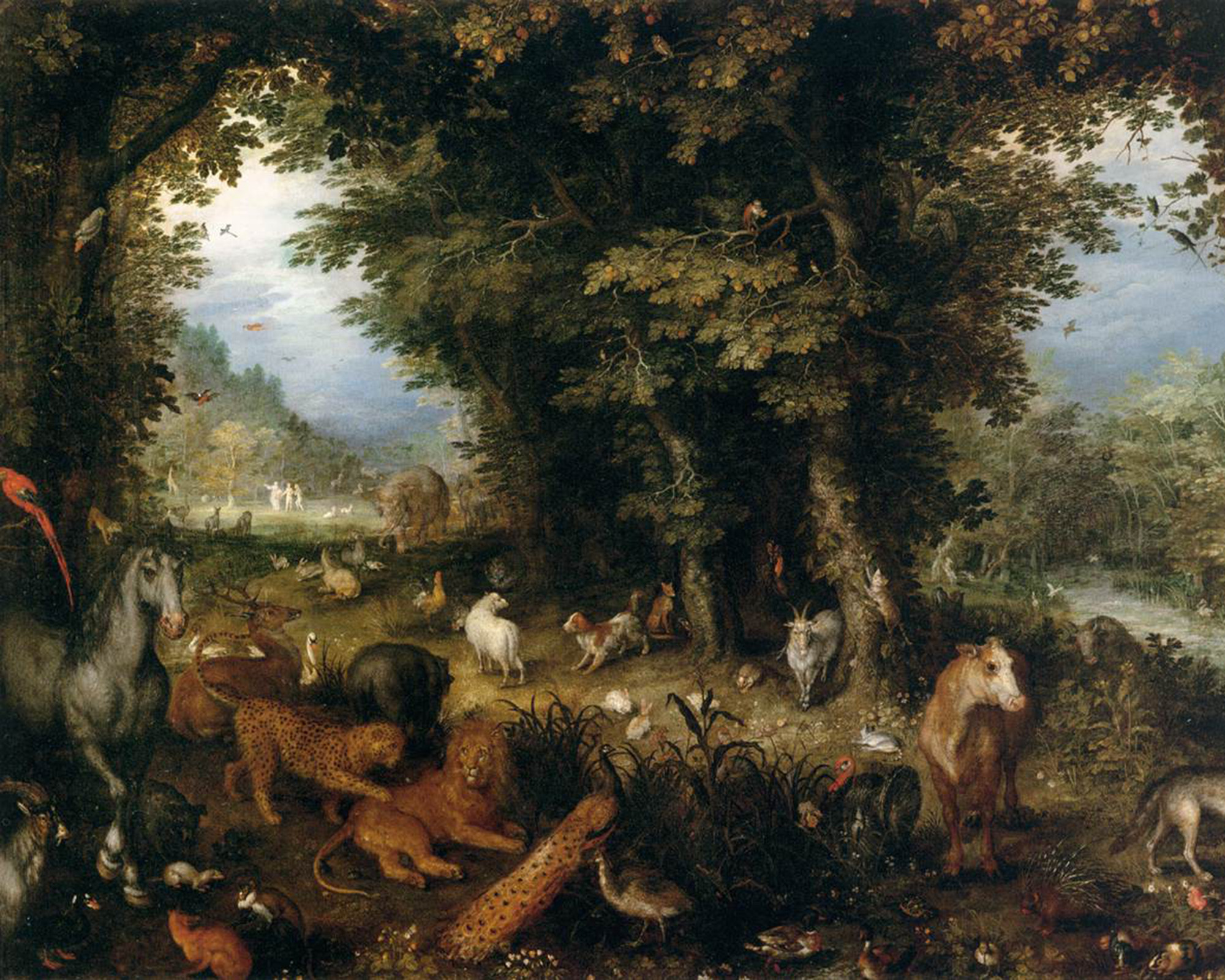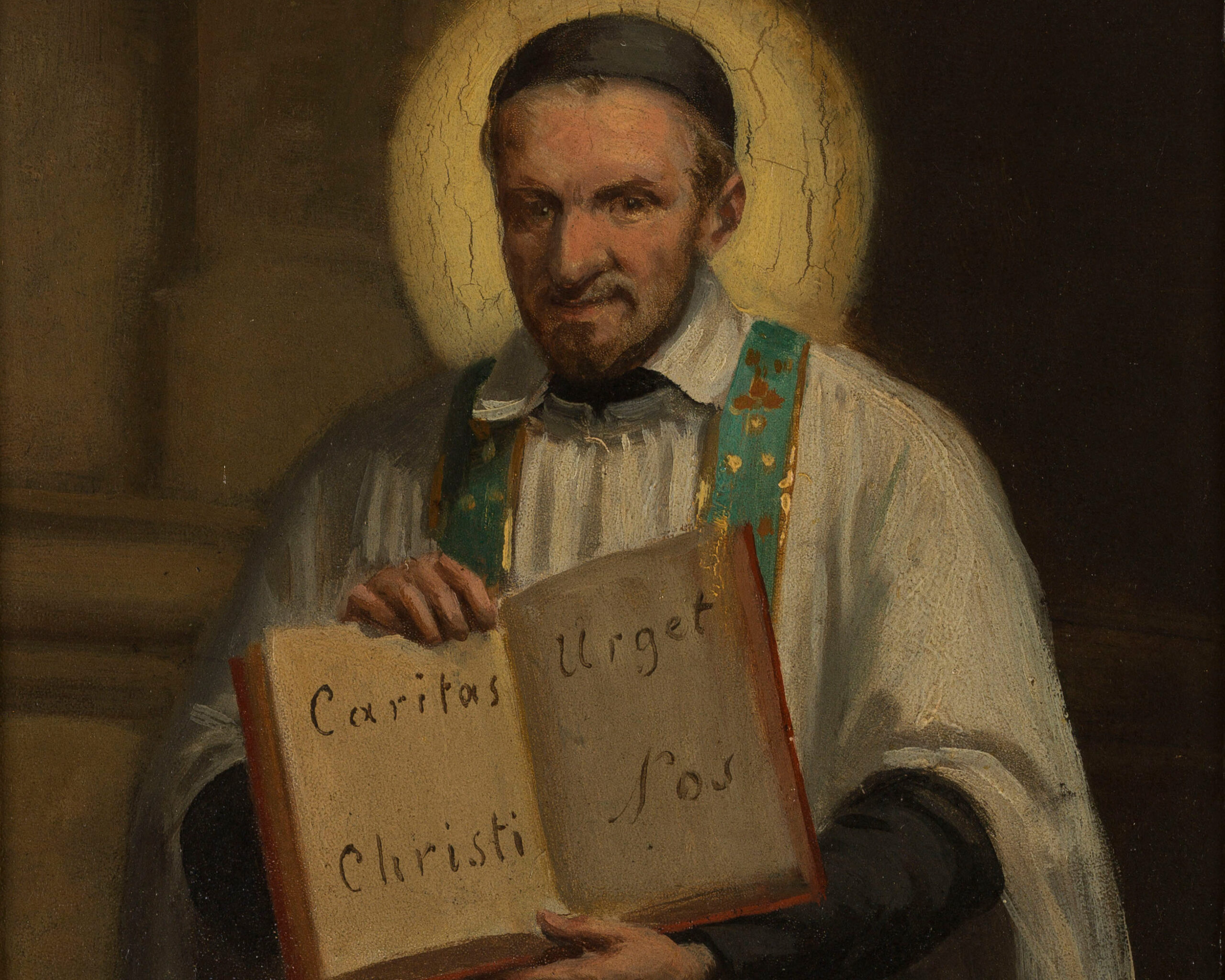IN Paradise there are many Saints who never gave alms on earth: their poverty justified them. There are many Saints who never mortified their bodies by fasting or wearing hair shirts: their bodily infirmities excused them. There are many Saints too who were not virgins: their vocation was otherwise. But in Paradise there is no Saint who was not humble.
God banished Angels from Heaven for their pride; therefore, how can we pretend to enter therein if we do not keep ourselves in a state of humility? Without humility, says St. Peter Damian (Serm. 45), not even the Virgin Mary herself, with her incomparable virginity, could have entered into the glory of Christ, and we ought to be convinced of this truth that, though destitute of some of the other virtues, we may yet be saved, but never without humility. There are people who flatter themselves that they have done much by preserving unsullied chastity, and truly chastity is a beautiful adornment; but as the angelic St. Thomas says: “Speaking absolutely, humility excels virginity.”
We often study diligently to guard against and correct ourselves of the vices of concupiscence, which belong to a sensual and animal nature, and this inward conflict which the body wages adversus carnem—“against the flesh”—(Gal. 5:17) is truly a spectacle worthy of God and of His angels. But, alas, how rarely do we use this diligence and caution to conquer spiritual vices, of which pride is the first and the greatest of all, and which sufficed of itself to transform an angel into a demon!
Jesus Christ calls us all into His school to learn, not to work miracles, nor to astonish the world by marvelous enterprises, but to be humble of heart. “Learn of Me, because I am meek and humble of heart.” (Matt. 11:29). He has not called everyone to be doctors, preachers or priests, nor has He bestowed on all the gift of restoring sight to the blind, healing the sick, raising the dead or casting out devils, but to all He has said: “Learn of Me, to be humble of heart,” and to all He has given the power to learn humility of Him. Innumerable things are worthy of imitation in the Incarnate Son of God, but He only asks us to imitate His humility. What then? Must we suppose that all the treasures of Divine Wisdom which were in Christ are to be reduced to the virtue of humility? “So it certainly is,”answers St. Augustine. Humility contains all things because in this virtue is truth; therefore, God must also dwell therein, since He is the Truth.
The Saviour might have said: “Learn of Me to be chaste, humble, prudent, just, wise, abstemious, etc.” But He only says: “Learn of Me, because I am meek and humble of heart.” (Matt. 11:29). And in humility alone He includes all things, because as St. Thomas so truly says, “Acquired humility is in a certain sense the greatest good.” Therefore, whoever possesses this virtue may be said, as to his proximate disposition, to possess all virtues, and he who lacks it, lacks all.
This article is taken from a chapter in Humility of Heart by Fr. Cajetan Mary da Bergamo, which is available from TAN Books.
